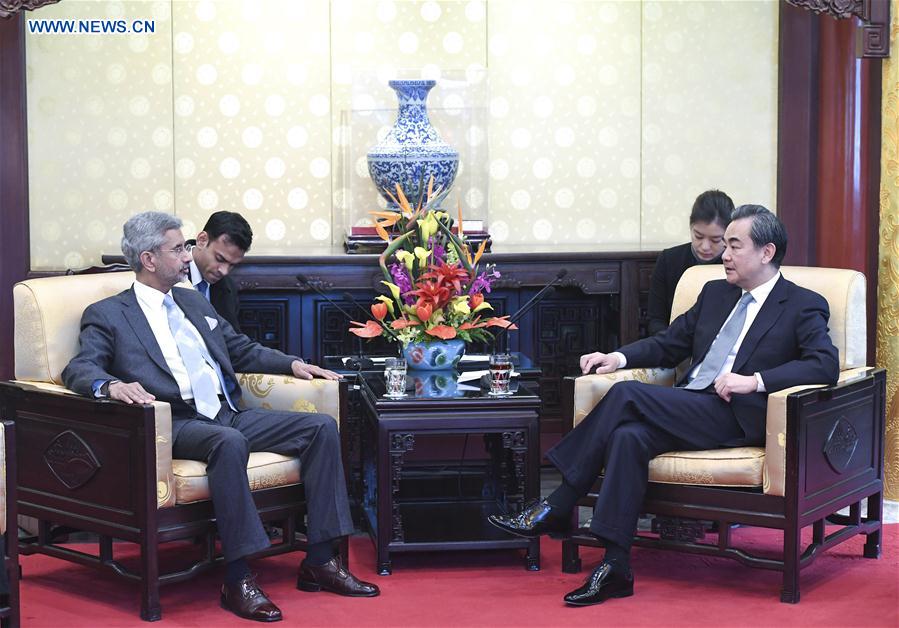Consensus forming that Xi will not retire in 2022? – China’s latest political and current affairs news
A summary of the top news in Chinese politics and current affairs for October 20, 2017. Part of the daily The China Project newsletter, a convenient package of China’s business, political, and cultural news delivered to your inbox for free. Subscribe here.

The South China Morning Post says that “sources familiar with top-level party discussions” believe that Xi Jinping will name no heir apparent after the 19th Party Congress. Two of the people considered most likely as successors to Xi after he completes the customary two terms, Guangdong party boss Hu Chunhua 胡春华 and Chongqing party boss Chen Min’er 陈敏尔, will advance only to the vice-premiership and 25-member Politburo, respectively, but not the Politburo Standing Committee (PBSC), the sources said. Hu and Chen are two of the five names that we said to watch at the congress; another, Wang Qishan, is increasingly expected to retire his position on the PBSC.
Foreign Policy has published a detailed review of Xi’s accumulation of power, which also makes the argument for why “there’s a growing consensus that power in 2022 will stay in his hands, with no appointed heir in sight.” The article describes a convergence of factors, without which, it argues, Xi could never have achieved his current position of almost absolute authority in the Communist Party:
- Consensus in the Party in the late 2000s that corruption was running amok and a strong leader was needed to instill discipline, which enabled Xi’s anti-corruption campaign that helped stifle challenges to Xi’s authority.
- The widespread sense of paranoia among China’s leaders that outside forces — including the CIA — plotted to undermine Communist Party rule and even start a “Jasmine Revolution.” This contributed to the buildup of China’s modern security state.
- The early elimination of a few key members of the previous administration, Zhou Yongkang 周永康 and Ling Jihua 令计划, in Xi’s anti-corruption campaign.
- And last but not least, the unexpected elimination of Xi’s rival Bo Xilai 薄熙来, who was expected to be elevated to the Politburo Standing Committee and act as a counterweight to Xi.
The article points out that we don’t know how popular Xi is in the Party, however, “In Chongqing and Dalian, nobody will criticize Xi directly — but they’ll still speak fondly of Bo, a coded indication of their feelings about the man who built his rule off their former favorite’s fall.” Because of this, the article argues, “Xi can ill-afford to let go of the power he’s taken into his hands, even if he gives up his official titles in 2022.”
-
19th Party Congress (?)
Our quick take on Xi Jinping’s report: 2 / China Media Project
A phrase meaning that the Party must act within the law (在宪法法律范围内活动 zài xiànfǎ fǎlǜ fànwéi nèi huódòng), first introduced at the 12th congress in 1982, has disappeared from Xi Jinping’s work report.
At the Communist Party Congress, Xi Jinping plays the emperor / The New Yorker
“What’s modernisation?” – Chinese state media explain China’s ‘new era’ with a rap video / What’s on Weibo -
Environment and health
Pollution claims 1.8 million lives in China, latest research says / SCMP
About 20 to 22.5 percent of all deaths in China are linked to pollution, a team of 40 scientists found. -
China and the world
Opinion: We are obsessed with Brexit and Trump: we should be thinking about China / The Guardian -
Human rights
UN tells China to release human rights activists and pay them compensation / The Guardian -
U.S.-China relations
Tillerson signals impatience with China while vowing to stay on / Bloomberg
Senators Cruz and Leahy demand answers from Apple over China VPN apps / CNBC -
Hong Kong
China summons British official over Hong Kong remarks / Reuters -
Media
Caixin Chinese joins trend of Western subscriber model / Caixin






